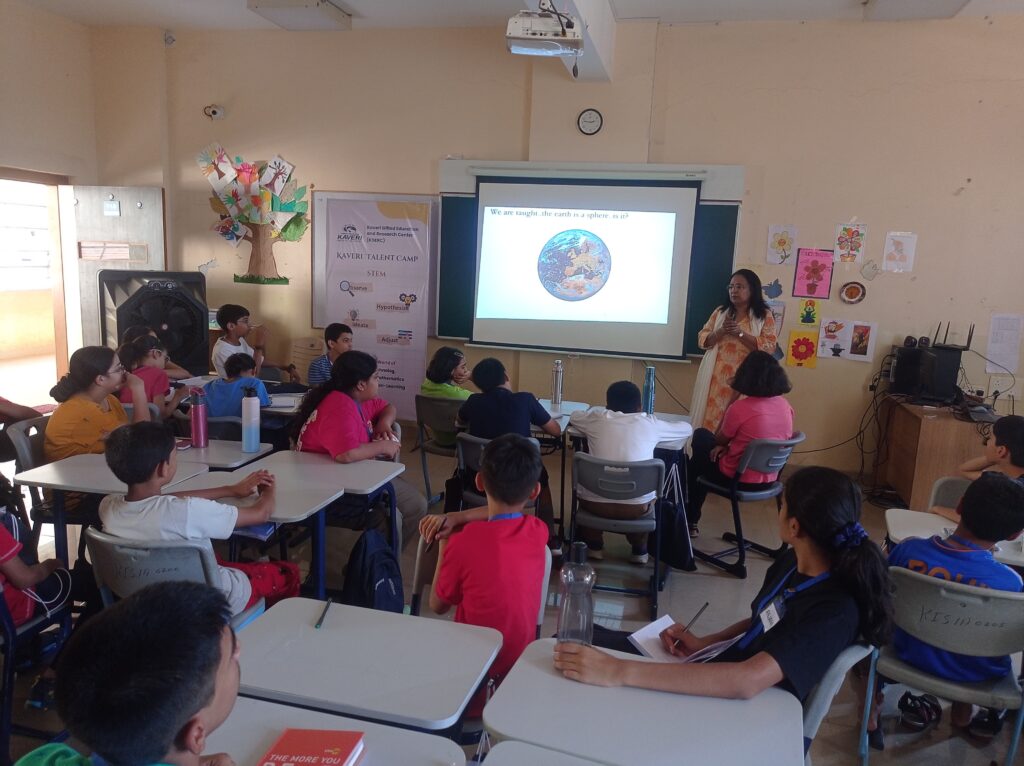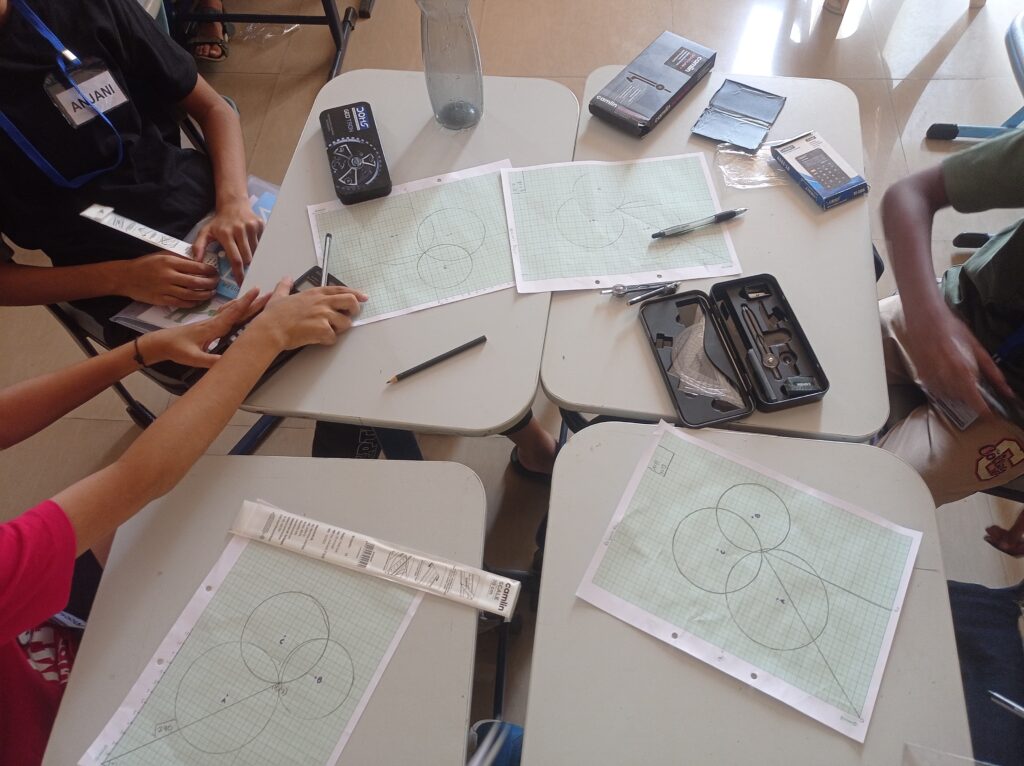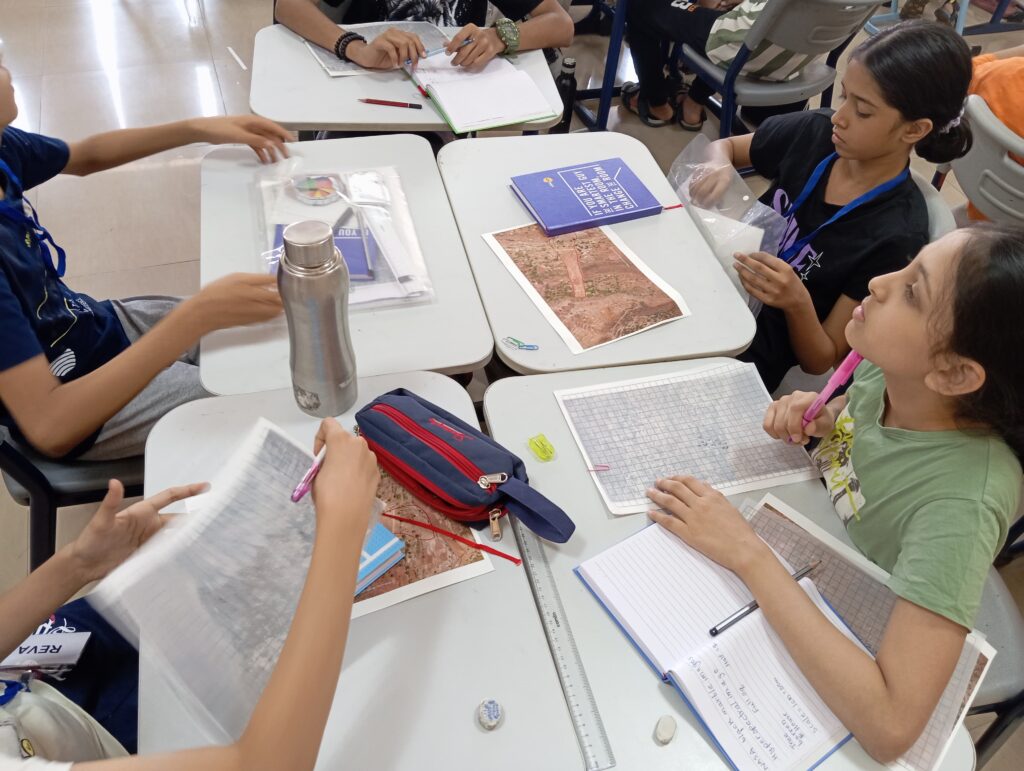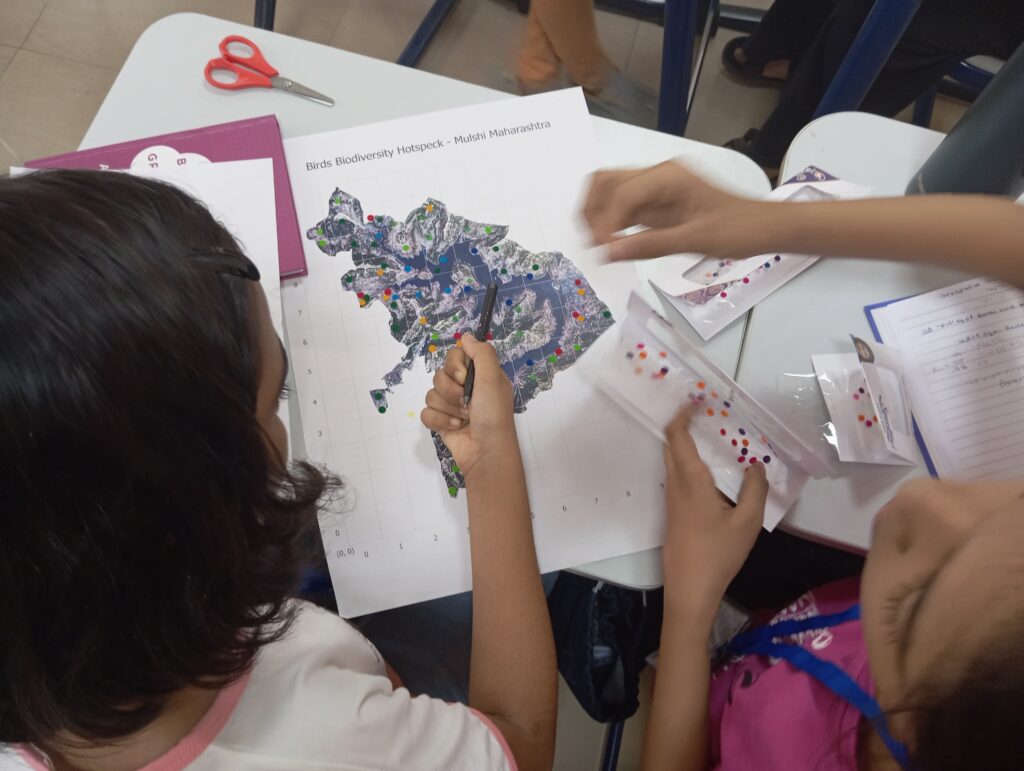Spatial Thinking in Education: Empowering Local Solutions
Workshops on Empowering Educators: Leveraging Geospatial Technologies for Localizing Sustainable Development Goals
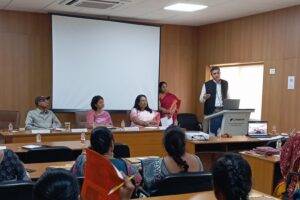
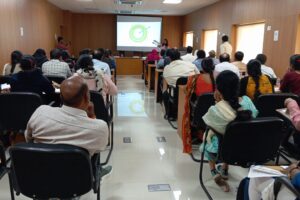
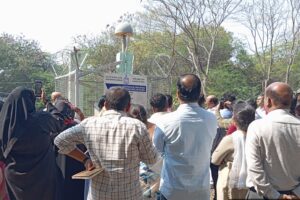
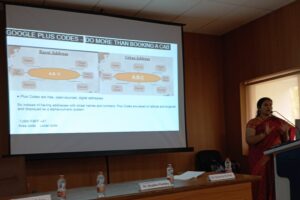
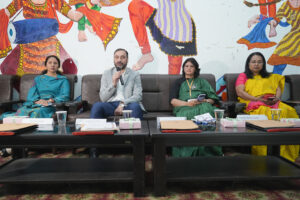
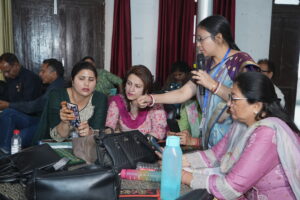
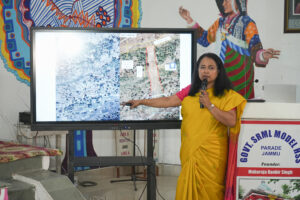
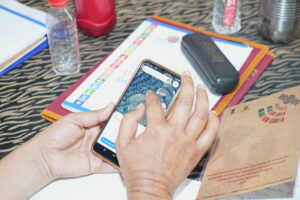
Location: Shri Ranbir Heritage School in collaboration with Department of Education and SCERT Jammu
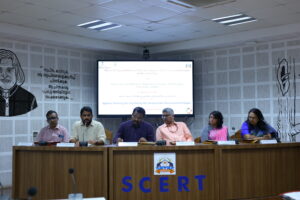
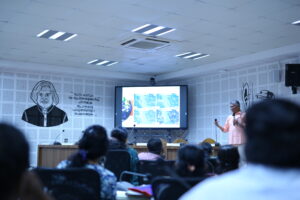
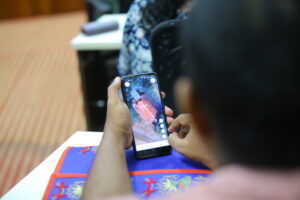
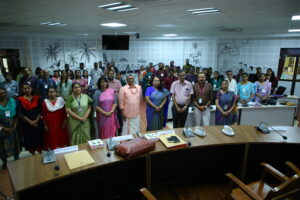
Location : SCERT Kerala
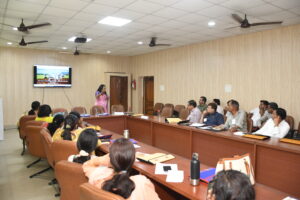
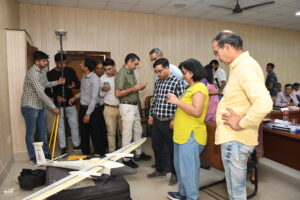
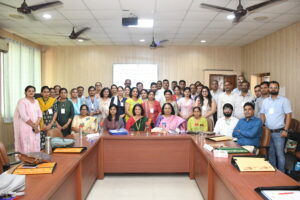
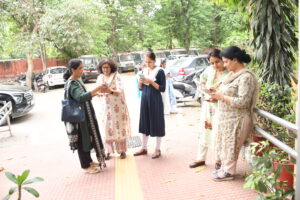
Location : SCERT Haryana
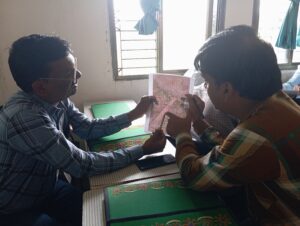
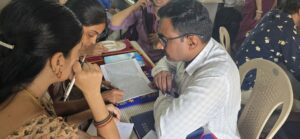
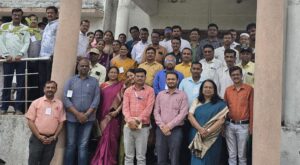
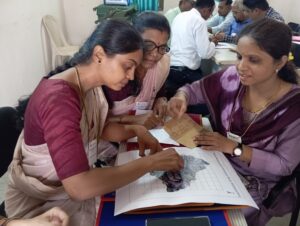
Location : DIET Washim
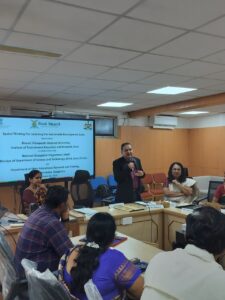
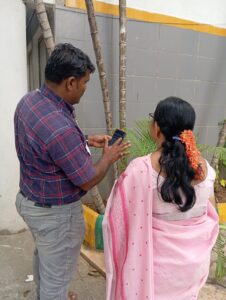
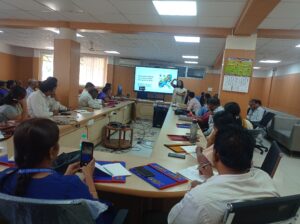
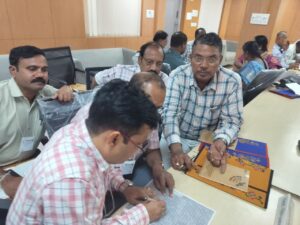
Online Workshops on Spatial Thinking: Leveraging Geospatial Technologies for Localizing Sustainable Development Goals
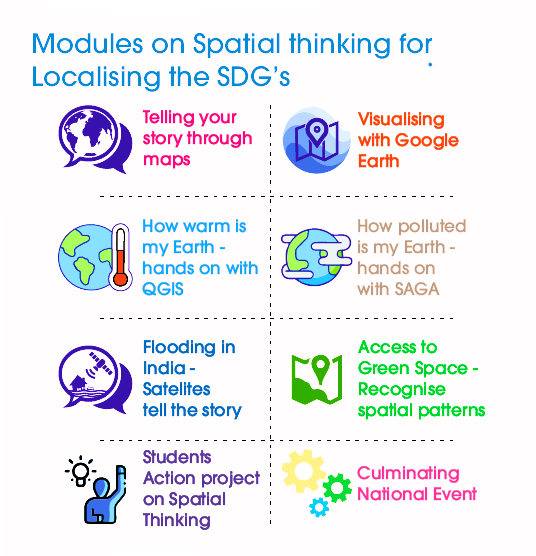
Empowering Young Minds Through Spatial Thinking: A Pilot Outreach on Geospatial Literacy for Middle School Students
As a follow-up to the earlier sessions, BVIEER conducted two advanced sessions building on the earlier ones. Prof. Dr. Shamita Kumar, Principal, BVIEER, introduced students to satellite data interpretation and location-based data collection, orienting them to spatial thinking. Students learned to interpret satellite images, identify land features, and understand patterns related to environment, land use, and urban growth. Through hands-on activities, students understood how data supports planning, analysis, and real-world decision-making. Students also conducted field data collection, recording observations from local areas and linking them with satellite visuals, gaining insight into how ground information validates remote sensing. The workshop strengthened skills in observation, spatial reasoning, and data interpretation, while highlighting the relevance of geospatial methods in practical, real-world applications.
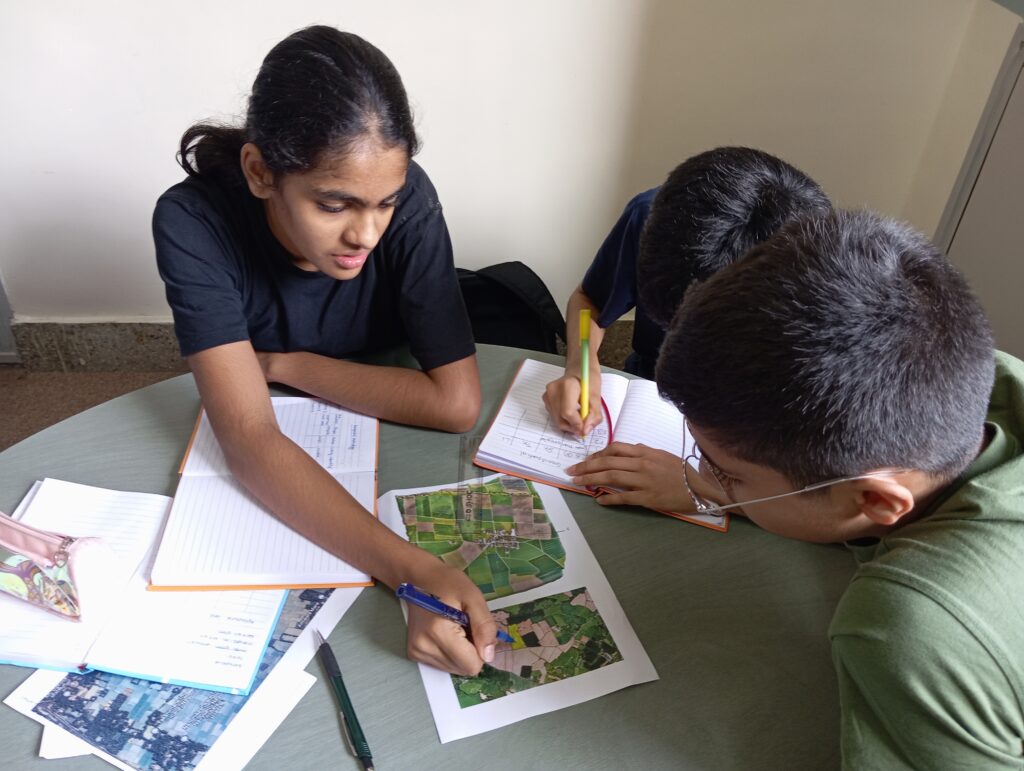
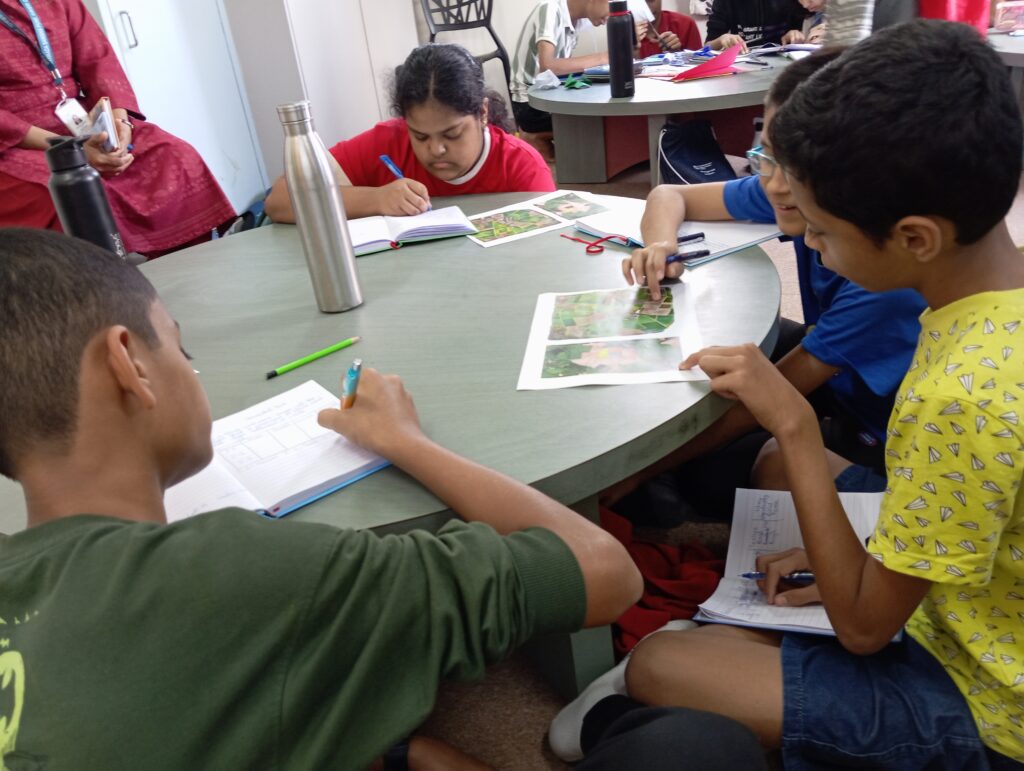
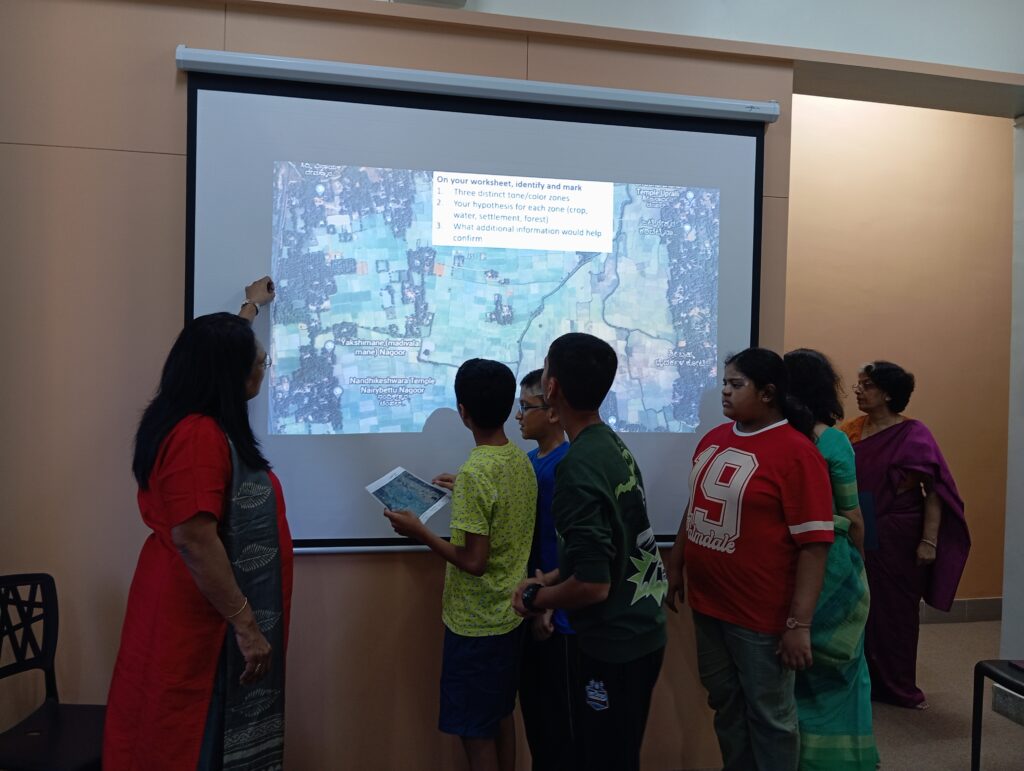
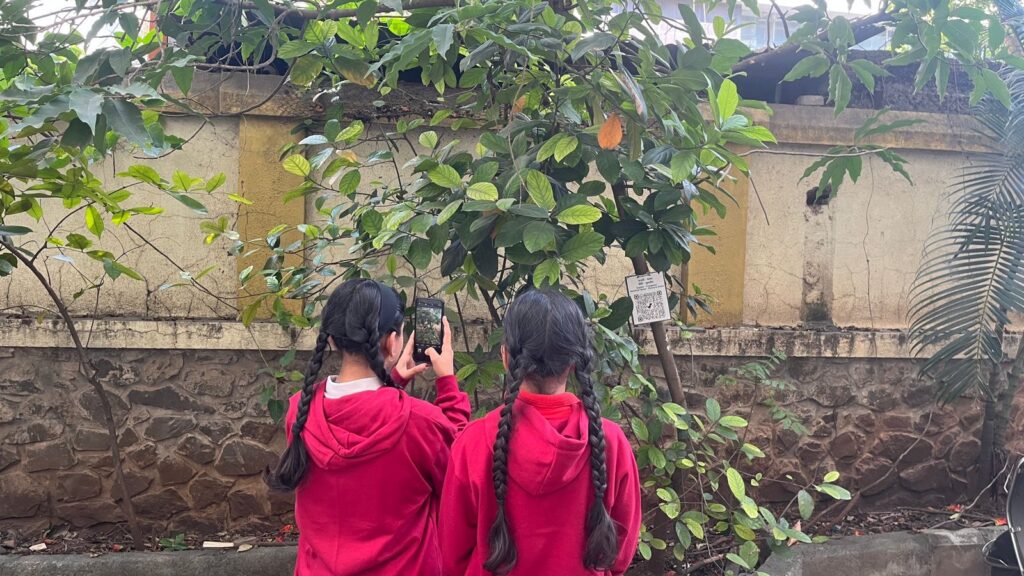
As part of the DST-IGET initiative, BVIEER, Pune, piloted a student-centered outreach program recently for 25 selected students from Classes 6 to 8 from different schools in Pune. BVIEER led geospatial sessions to promote scientific curiosity, higher-order thinking, and real-world problem-solving through spatial thinking. The program aimed to introduce students to spatial thinking, the basics of geospatial technologies, and their applications in daily life. It tested simple learning units designed to support inquiry-based learning, using real-world examples like satellite images, maps, and environmental data through hands-on.
